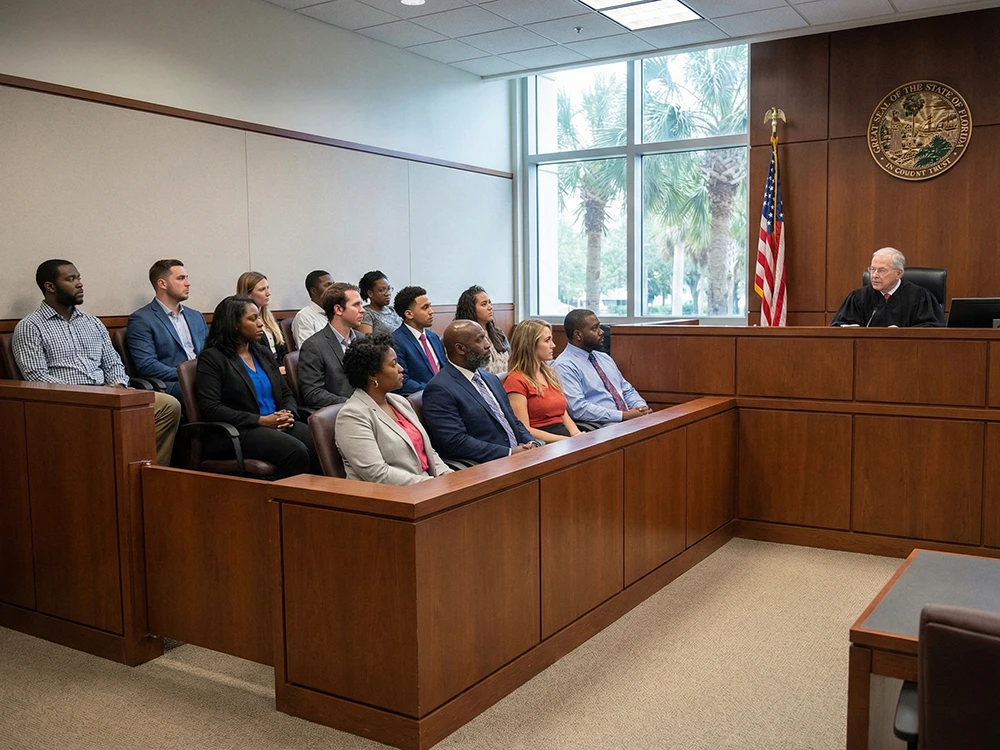Child sexual offense cases often hinge on evidentiary decisions that determine what the jury hears and how the State proves its allegations. Among the most consequential of these decisions is whether a court may admit a child’s out-of-court statements years later, long after the child has reached adulthood. A recent ruling from a Florida court demonstrates how courts interpret the child hearsay statute and resolve disputes about witness age, reliability, and statutory purpose in high-stakes retrials involving serious sexual offenses. If you are charged with a sex crime, you should consult a Tampa sex crime defense attorney who understands how to protect your rights.
Case Setting
Allegedly, the defendant was charged with multiple sex offenses involving his neighbor’s three daughters, who were between eight and eleven years old when the abuse occurred. The State filed a notice of intent to introduce child hearsay statements for each victim under section 90.803(23) of the Florida Evidence Code.
Reportedly, the trial court conducted the required hearing to determine the reliability of the statements. The court found that the time, content, and circumstances of the statements provided adequate safeguards of reliability and concluded that the out-of-court statements were trustworthy and admissible. Continue Reading ›
 Tampa Criminal Lawyer Blog
Tampa Criminal Lawyer Blog











